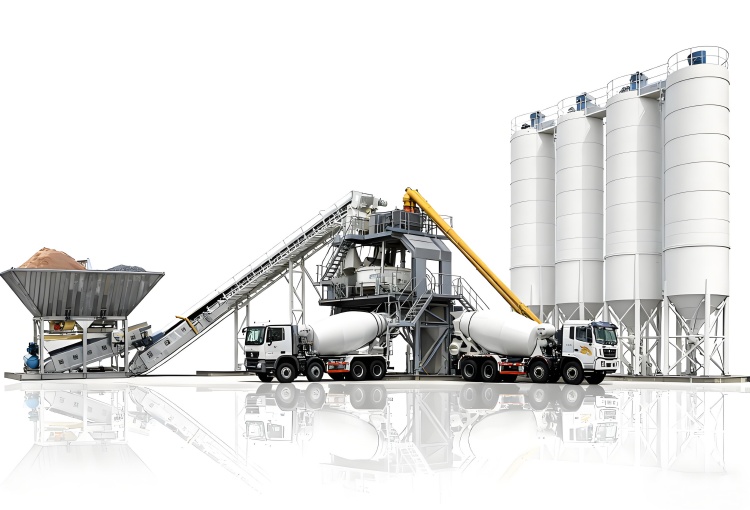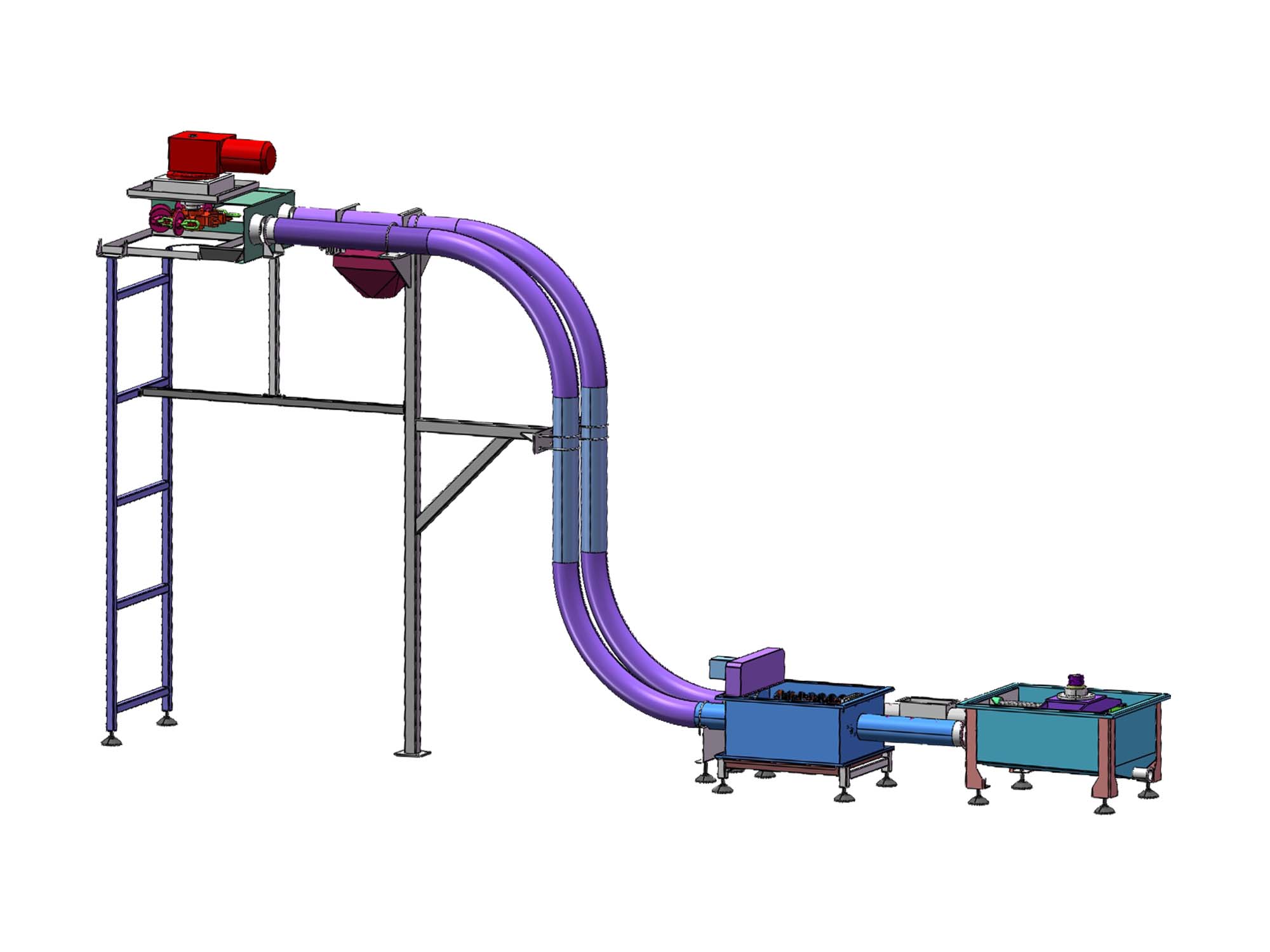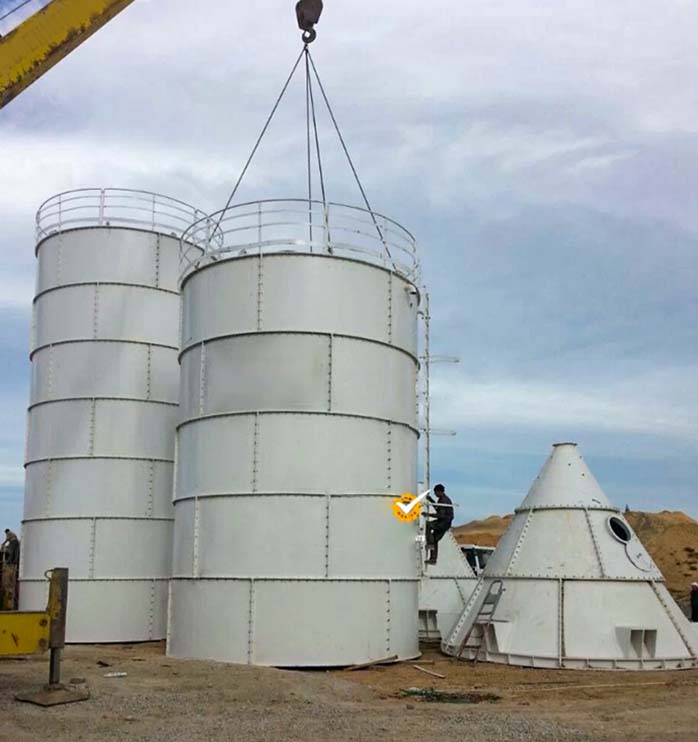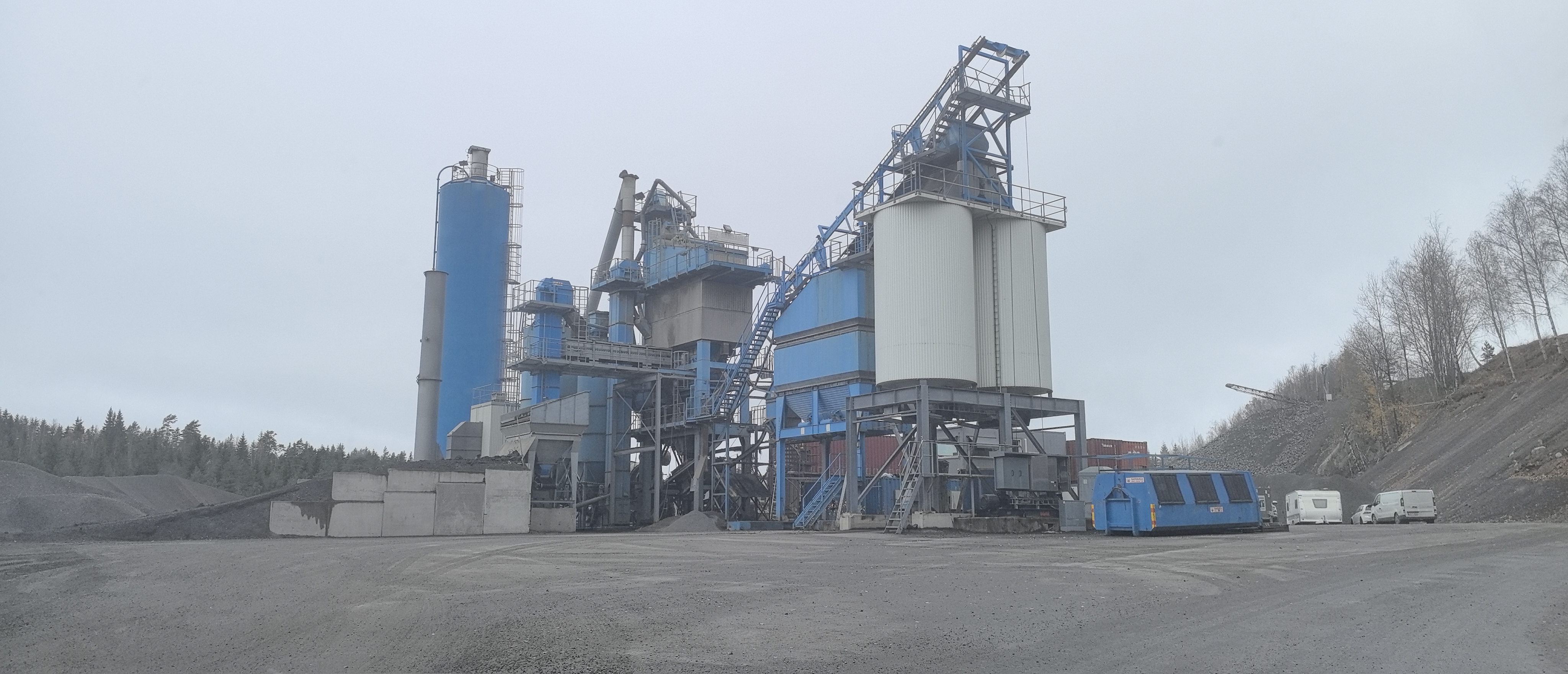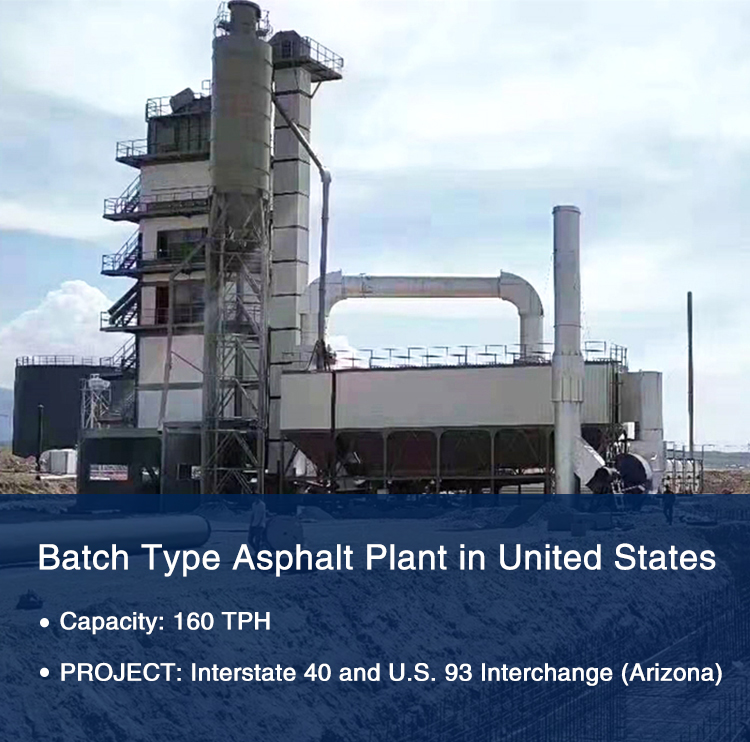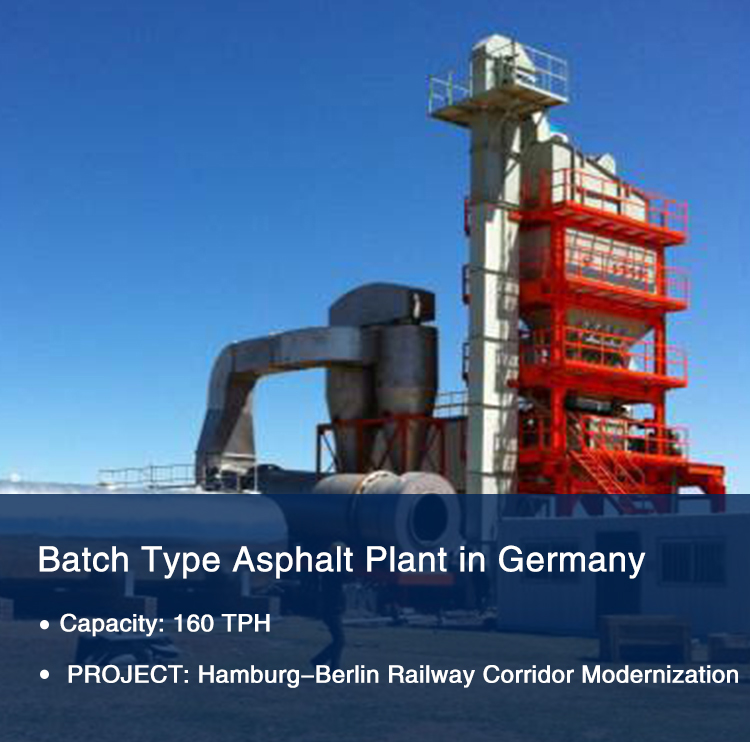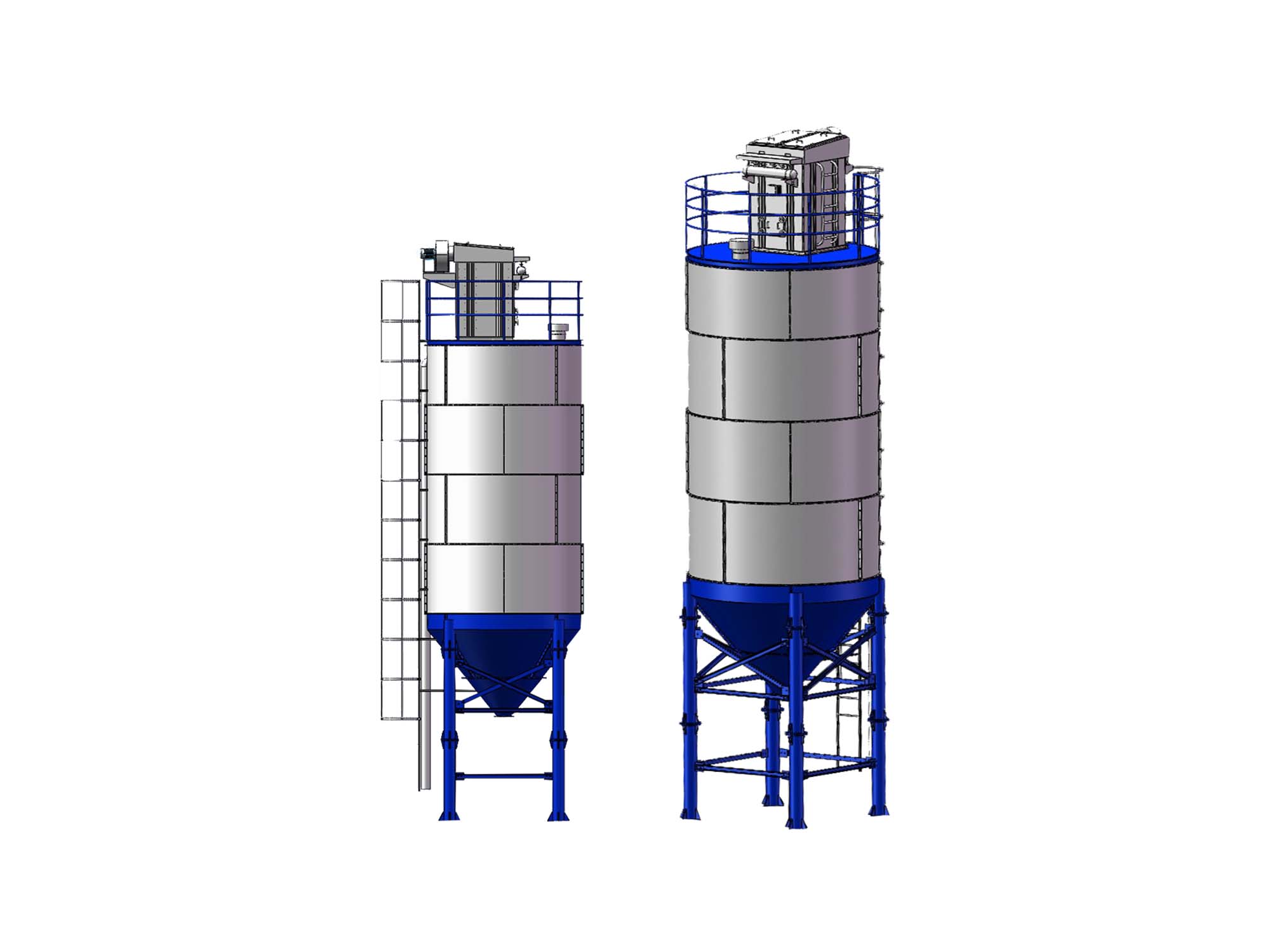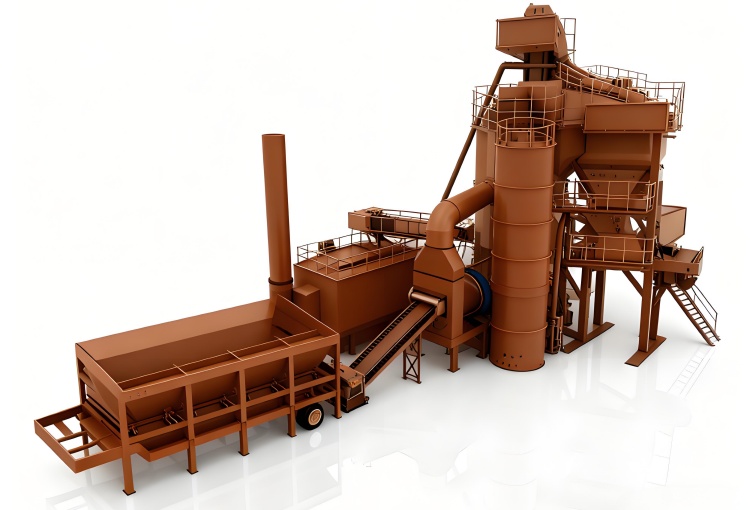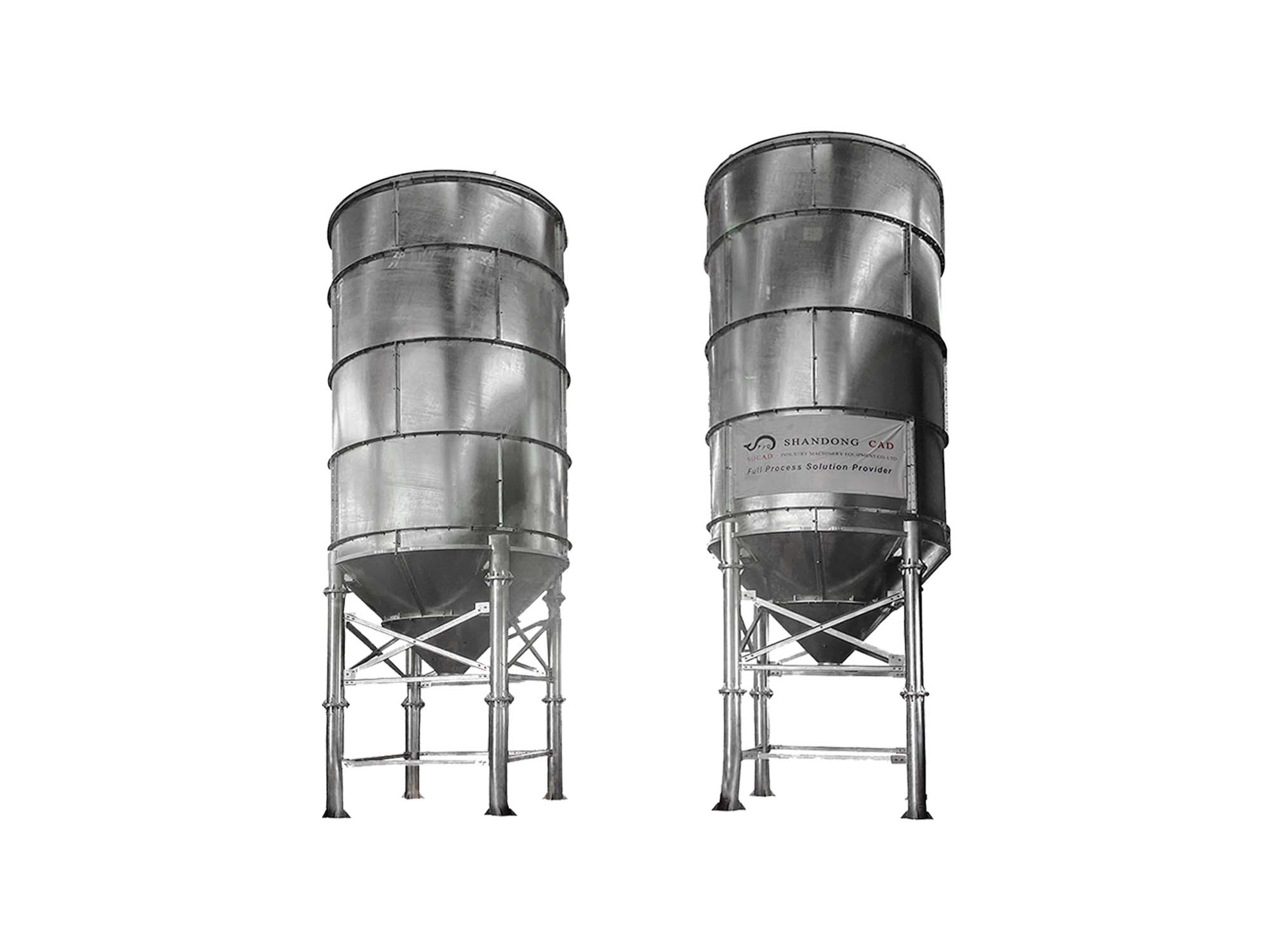The concrete batching plant industry is entering a transformative phase driven by digital automation, data analytics, and sustainability demands. Modern concrete batching plants — from stationary concrete batching plants to mobile concrete batching plants — now rely heavily on intelligent control systems, automated dosing, and precision batching to meet global construction standards.
But even with advanced technologies, the human factor remains decisive. Skilled plant operators determine whether a concrete mixing plant performs at its optimal efficiency or suffers from costly downtime, material waste, and inconsistent concrete quality. The industry’s challenge, therefore, is clear: how do we train the next generation of operators to master both mechanical systems and digital intelligence?
Current Challenges in Operator Training
1. Technology Outpacing Workforce Skills
Modern plants use PLC-based concrete batching plant control panels, cloud-based monitoring, and integrated concrete batch plant software to manage batching accuracy and quality consistency. Yet, many operators still rely on outdated manual processes.
In fact, global surveys show that over 40% of plant operators lack training in digital calibration and automated production systems, causing material waste up to 7% per batch.
2. Lack of Standardized Training Programs
Unlike traditional heavy machinery, concrete batching plants vary significantly by type — precast concrete batching plants, dry mix mortar plants, and volumetric concrete batching plants all demand specialized operating knowledge. This lack of unified training frameworks results in uneven quality and inconsistent production practices across regions.
3. Environmental and Safety Compliance Gaps
With tightening regulations on dust control, wastewater recycling, and CO₂ emissions, operators must not only understand concrete mixing plant equipment but also environmental compliance. Many small and mid-size plants fail audits due to insufficient staff training in sustainability and safety protocols.
Root Causes Behind the Training Gap
1. Over-Reliance on On-the-Job Learning
Most operators learn informally through observation, not structured education. While hands-on experience is valuable, it rarely covers advanced control logic, calibration standards, or automated diagnostics.
2. Rapid Equipment Evolution
Manufacturers such as concrete batching plant manufacturers in China are producing increasingly intelligent systems every year. The pace of change — from manual control to fully automated batching — leaves a knowledge gap that training institutions have not yet bridged.
3. Neglected Cost-Performance Awareness
Operators often lack training in cost efficiency and ROI-based operation. They may know how to start a batch but not how to optimize concrete batching plant cost per cubic meter, manage energy consumption, or reduce downtime.
The Future of Operator Training: Smart, Structured, Scalable
1. Digital Learning Platforms
Leading manufacturers now offer web-based simulation tools that allow trainees to operate a dry concrete batching plant or stationary concrete batching plant virtually. These systems replicate control panels, material flow, and error diagnostics.
Notably, this reduces the risk of equipment wear during training and improves retention rates by over 60%.
2. Modular Certification Systems
A multi-tier approach works best:
-
Level 1 – Core Mechanics: Understanding batching sequences, weighing systems, and mixer operation.
-
Level 2 – Automation & Calibration: Using concrete batching plant calibration software for dosing accuracy.
-
Level 3 – Sustainability & Compliance: Managing waste, emissions, and ready mix concrete plant layout optimization.
-
Level 4 – Advanced Data Analytics: Analyzing performance reports and optimizing concrete batching plant price versus output ratio.
Each certification layer directly correlates with operator responsibility, making training traceable and performance-driven.
Operational Efficiency Through Skilled Operators
1. Calibration and Precision Control
Every concrete batching plant layout relies on accurate calibration. A trained operator understands how to:
-
Verify weighing scale accuracy using calibration weights.
-
Adjust aggregate moisture sensors to maintain mix consistency.
-
Use software-based checks to prevent cement overdosing.
Even a 1% deviation in cement content can raise total concrete mixing plant cost by over 5%. Skilled calibration ensures ROI-driven batching.
2. Workflow Optimization
Through real-time monitoring, operators can:
-
Reduce idle time between batches.
-
Automate material feeding and mixer cleaning.
-
Balance production schedules based on concrete demand peaks.
For example, one ready mix concrete plant in Southeast Asia cut operating costs by 8% after implementing automated scheduling with operator training.
Concrete Plant Safety and Sustainability
1. Smart Environmental Management
Operators must understand environmental parameters such as dust suppression and water recycling.
Modern grout batching plants and dry mix mortar plants now include sensors for slurry overflow and dust collection. When operators use these systems effectively, emissions can drop by 30%.
2. Safety Protocol Reinforcement
Digitized safety dashboards notify operators of temperature surges or vibration anomalies in mixers.
Trained personnel can act proactively, reducing accident rates by 40% according to a 2024 industry report.
Cost and ROI Implications
Skilled operators contribute directly to financial performance.
Let’s quantify:
-
Energy Efficiency: 5% savings through optimized mixer motor cycles.
-
Material Accuracy: Up to 3% reduction in raw material waste.
-
Downtime Reduction: 25% faster recovery from control panel faults.
Overall, properly trained staff can enhance plant ROI by 10–15% annually.
Manufacturer’s Role in Operator Development
1. Training-Integrated Sales Approach
Progressive concrete batching plant manufacturers include operator training in post-sales service. Buyers receive not only the equipment but also certified training on software, calibration, and safety.
2. Remote Support and Diagnostics
Manufacturers in China have begun integrating AI-driven remote assistance. Operators receive real-time alerts through apps that explain issues in plain language, reducing dependency on external technicians.
Continuous Learning for Long-Term Competitiveness
The industry is shifting toward continuous improvement. Concrete mixing batching plants with AI-assisted operation require constant upskilling. Operators trained in data interpretation will dominate future roles — they can predict maintenance needs and minimize failures before they occur.
Interestingly, the next-generation volumetric concrete batching plant will rely heavily on predictive maintenance algorithms. Those who can read and act on real-time sensor data will redefine plant efficiency.
Conclusion: Building a Skilled Workforce for a Digital Future
Training the next generation of concrete plant operators isn’t just about running machines — it’s about mastering integrated systems that combine automation, safety, and sustainability.
Every operator who understands cost control, calibration, and smart analytics becomes a multiplier of efficiency for their company.
In fact, the plants that invest in structured training programs today will lead the global construction supply chain tomorrow.

